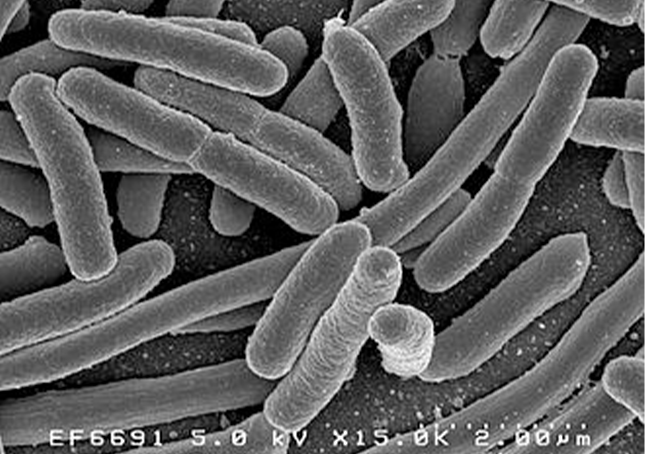Organism

In biology, an organism (from Greek: ὀργανισμός, organismos) is any individual contiguous system that embodies the properties of life. It is a synonym for “life form”.
Organisms are classified by taxonomy into groups such as multicellular animals, plants, and fungi; or unicellular microorganisms such as protists, bacteria, and archaea.[2] All types of organisms are capable of reproduction, growth and development, maintenance, and some degree of response to stimuli. Humans, squids, mushrooms, and vascular plants are examples of multicellular organisms that differentiate specialized tissues and organs during development.
An organism may be either a prokaryote or a eukaryote. Prokaryotes are represented by two separate domains – bacteria and archaea. Eukaryotic organisms are characterized by the presence of a membrane-bound cell nucleus and contain additional membrane-bound compartments called organelles (such as mitochondria in animals and plants and plastids in plants and algae, all generally considered to be derived from endosymbiotic bacteria). Fungi, animals and plants are examples of kingdoms of organisms within the eukaryotes.
Estimates on the number of Earth’s current species range from 2 million to 1 trillion, of which over 1.7 million have been documented. More than 99% of all species, amounting to over five billion species, that ever lived are estimated to be extinct.
In 2016, a set of 355 genes from the last universal common ancestor (LUCA) of all organisms was identified.
The term “organism” (from Greek ὀργανισμός, organismos, from ὄργανον, organon, i.e. “instrument, implement, tool, organ of sense or apprehension”) first appeared in the English language in 1703 and took on its current definition by 1834 (Oxford English Dictionary). It is directly related to the term “organization”. There is a long tradition of defining organisms as self-organizing beings, going back at least to Immanuel Kant’s 1790 Critique of Judgment.
An organism may be defined as an assembly of molecules functioning as a more or less stable whole that exhibits the properties of life. Dictionary definitions can be broad, using phrases such as “any living structure, such as a plant, animal, fungus or bacterium, capable of growth and reproduction”. Many definitions exclude viruses and possible man-made non-organic life forms, as viruses are dependent on the biochemical machinery of a host cell for reproduction. A superorganism is an organism consisting of many individuals working together as a single functional or social unit.
There has been controversy about the best way to define the organism and indeed about whether or not such a definition is necessary. Several contributions are responses to the suggestion that the category of “organism” may well not be adequate in biology.
